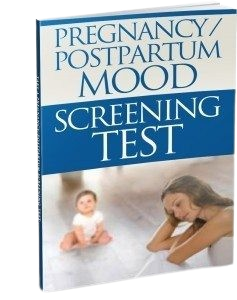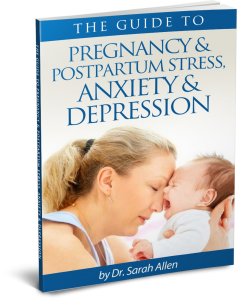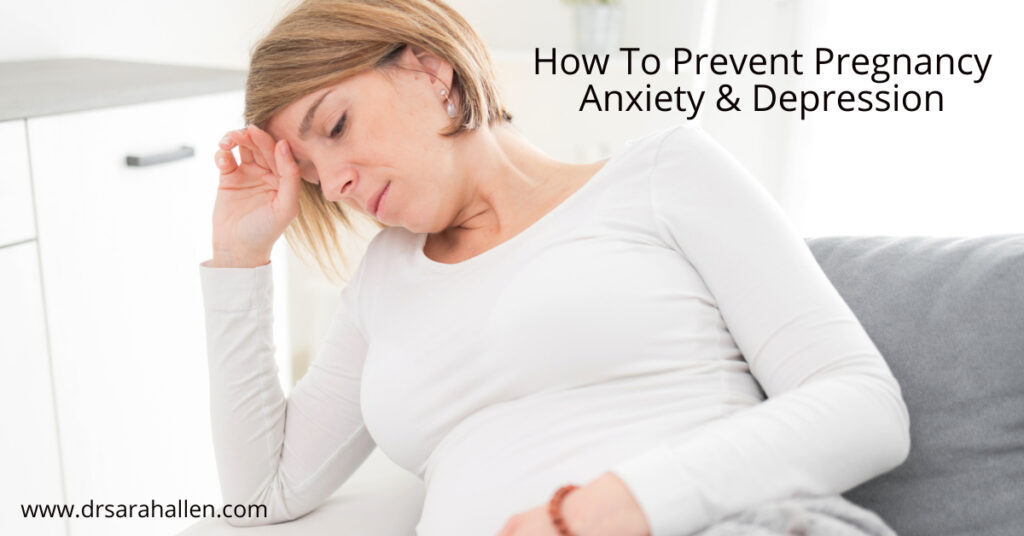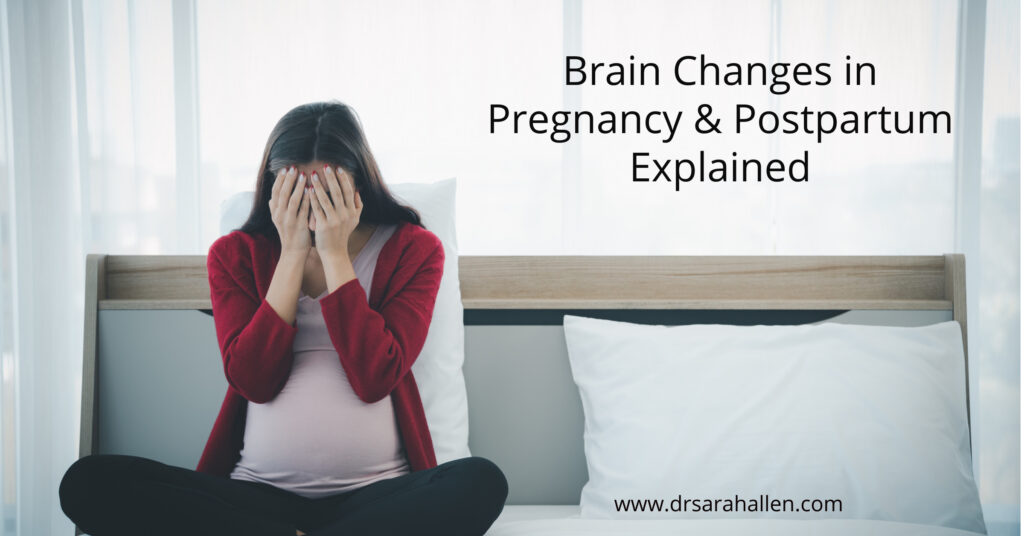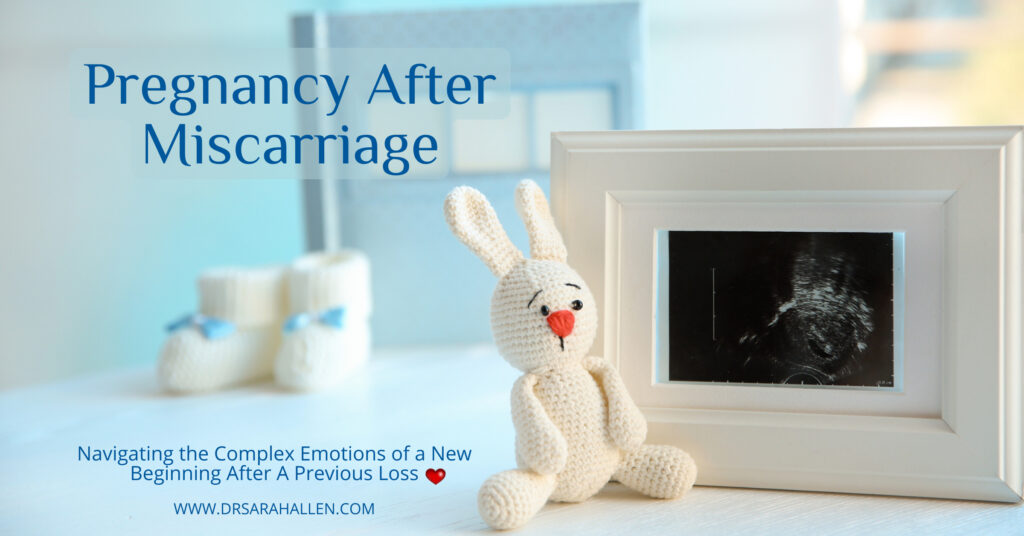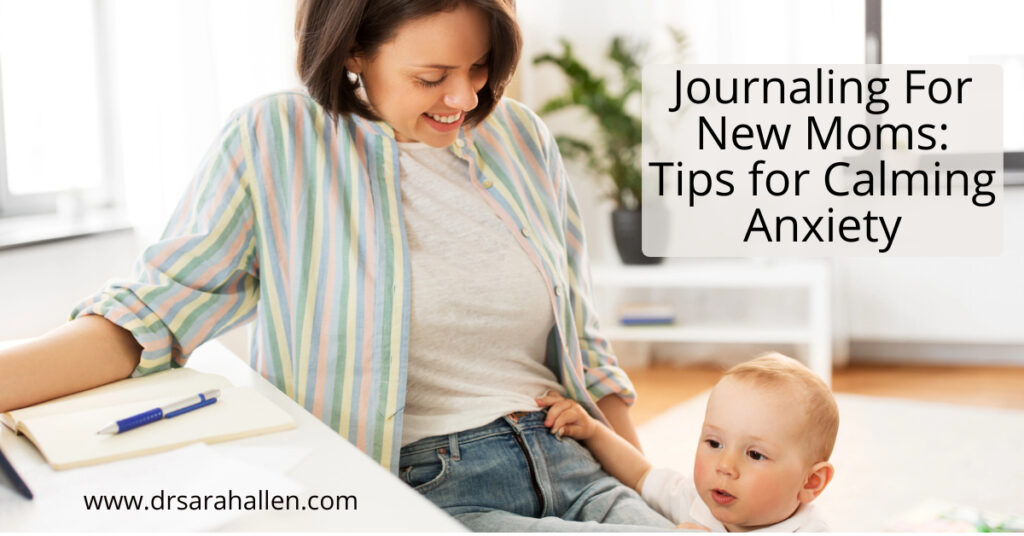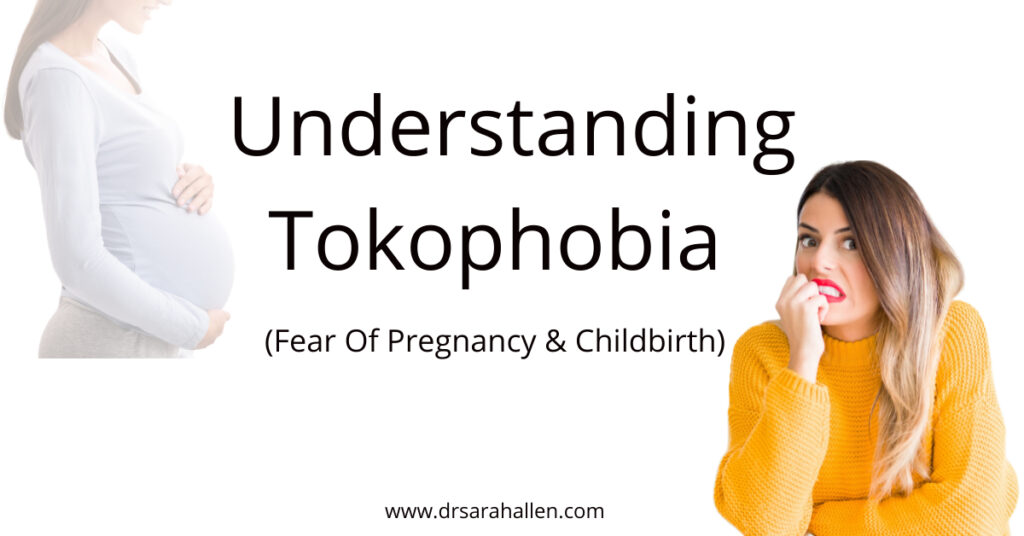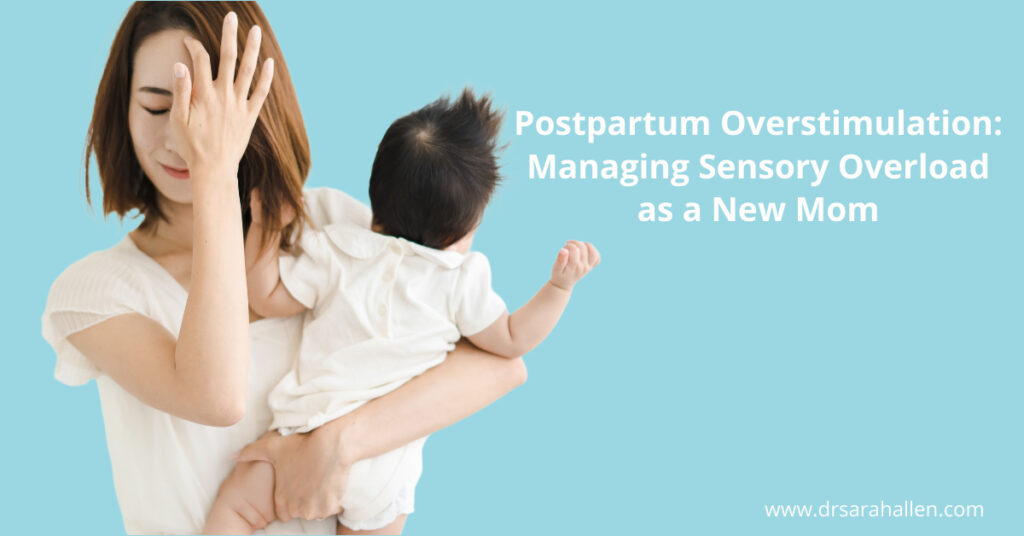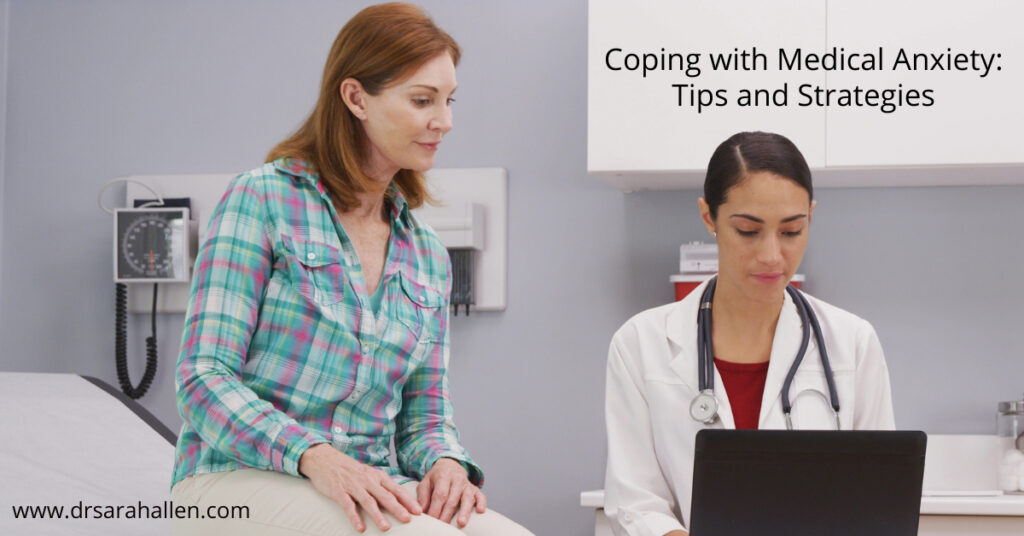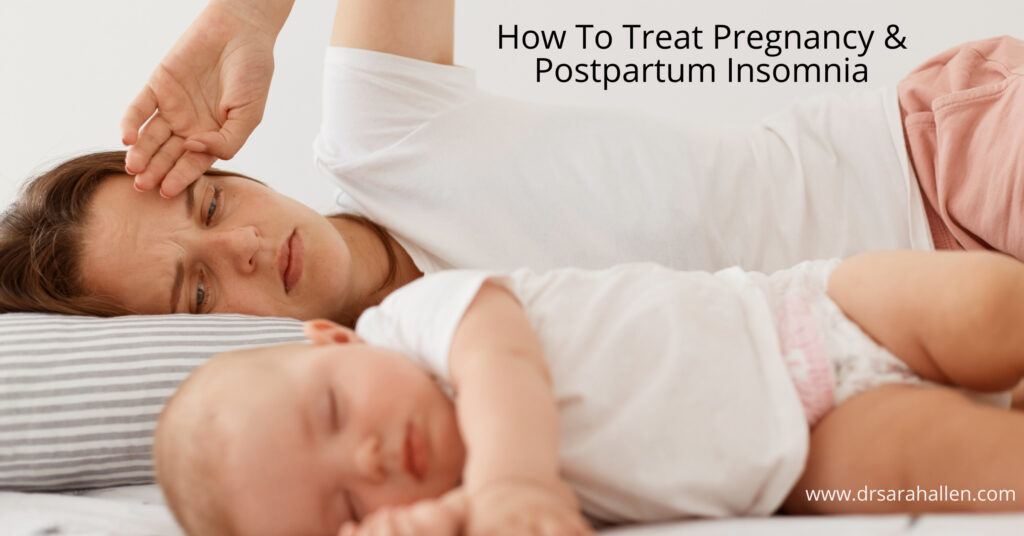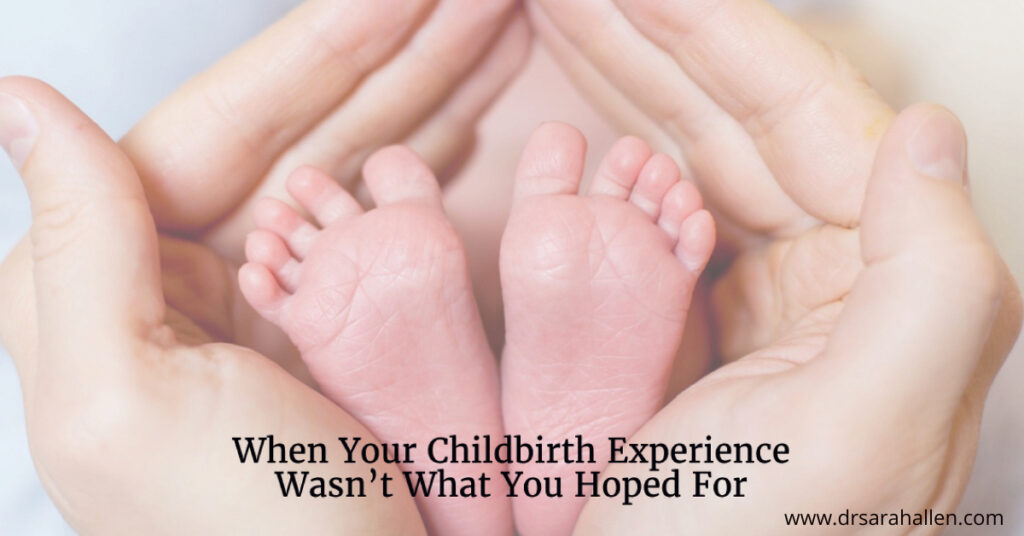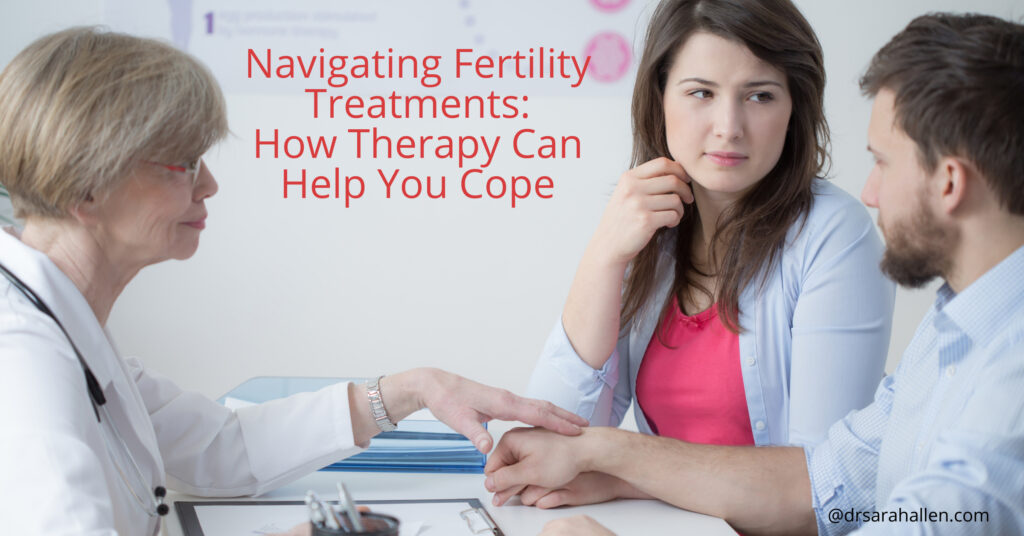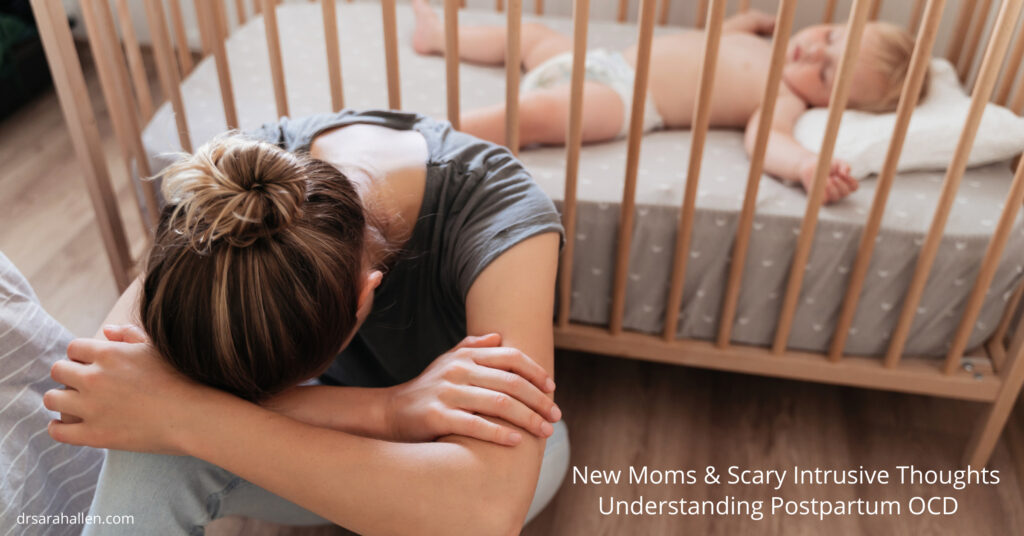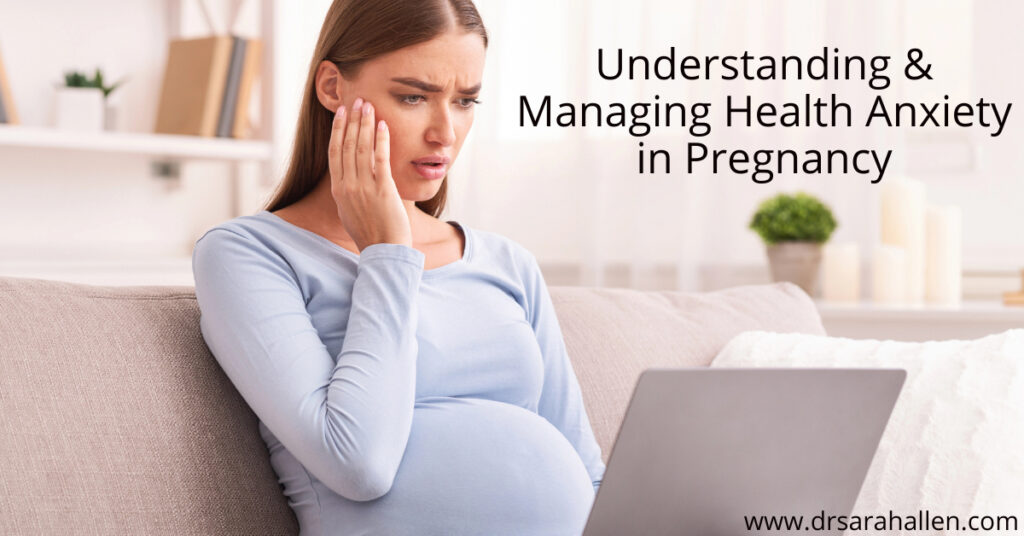
Health anxiety during pregnancy is a common issue that can affect many expectant women. It involves an excessive worry about the health of oneself and/or the baby. I think we all worry to some extent while pregnant and ultrasounds and hearing the heartbeat can help, but health anxiety is different from general pregnancy concerns. It tends to be more intense and can interfere with daily life.
Recognizing the signs of health anxiety is important so you can get support from a therapist specializing in maternal mental health before the baby is born, because anxiety frequently continues postpartum. Symptoms can include constant worry, repeatedly checking for symptoms, and seeking reassurance from others. It may also involve frequent visits to the doctor and difficulty concentrating on anything other than health concerns.
Pregnancy can trigger health anxiety for several reasons. The physical changes in the body and the responsibility of caring for another life can be overwhelming. Additionally, hormonal changes can heighten anxiety levels. Understanding why this happens can help in finding ways to manage it. I frequently find that women who have had a previous pregnancy loss, have undergone fertility treatments or have experienced a previous traumatic birth, can understandably experience increased anxiety this time. and extra support while you are going through pregnancy can really help.
Managing health anxiety during pregnancy is important for both the well-being of the mother and baby. Various techniques can help reduce anxiety, including talking to a therapist like myself who specialized in maternal mental health, mindfulness practices that help you stay present rather than worry about the future, and lifestyle changes. It’s important to find what works best for you to ensure a healthier and less stressful pregnancy.
Understanding Health Anxiety in Pregnancy
Health anxiety in pregnancy refers to excessive worry about the health of both the pregnant woman and her unborn baby. This type of anxiety goes beyond typical pregnancy concerns. It involves a persistent preoccupation with potential health problems that may or may not exist. This worry can become overwhelming and interfere with daily activities, making it especially challenging to enjoy the pregnancy.
Health anxiety can manifest in various ways. Some women might constantly think about worst-case scenarios, while others might feel the need to check their symptoms repeatedly. This can lead to frequent doctor visits or constant research on pregnancy-related health issues. The fear of illness or complications can be so consuming that it dominates thoughts and actions, making it hard to focus on anything else.
It’s important to understand that health anxiety is a mental health condition. This means it isn’t something you can just “snap out of.” It requires proper management and support. Understanding what health anxiety is and how it affects you is the first step in addressing it effectively. By recognizing that these worries are not uncommon, you can begin to find ways to manage your anxiety better.
Recognizing the Symptoms of Health Anxiety
Identifying the symptoms of health anxiety is the first step in managing it effectively. One of the main signs is constant worry about health. This worry can be about your own health or the health of your baby. If you find yourself preoccupied with thoughts of illness or complications, this could be a sign of health anxiety.
Another symptom is the habitual checking of your body for signs of problems. This might involve frequent visits to your doctor for reassurance, even when there is no medical reason for concern. Some women might engage in excessive online research about pregnancy health issues, fueling their anxiety further.
List of Symptoms:
1. Constant worry about health
2. Frequently checking for symptoms
3. Seeking reassurance from medical professionals often
4. Difficulty concentrating on anything other than health concerns
5. Feeling a sense of panic over minor health issues
6. Avoiding activities for fear they might harm the baby
Recognizing these symptoms can help you take the first steps toward managing health anxiety. Understanding that these feelings are common can be comforting. It’s also useful to know that help is available, and with the right strategies, it’s possible to manage this anxiety effectively and enjoy a healthier pregnancy.
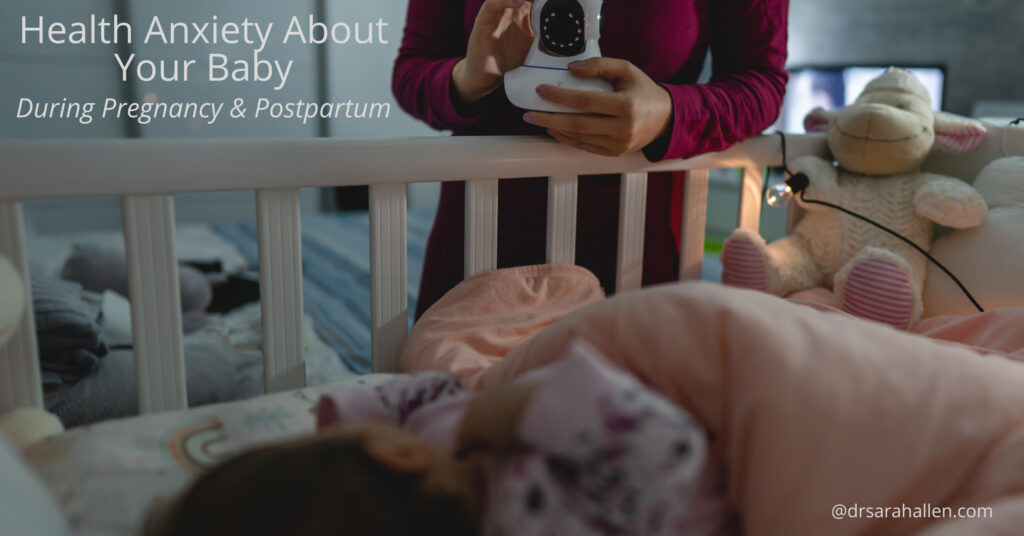
Read more about Health Anxiety About Your Baby During Pregnancy & Postpartum.
Why Pregnancy Triggers Health Anxiety
Pregnancy is a time of great change, and these changes can trigger health anxiety. The physical changes your body undergoes are significant. Hormonal shifts can affect your mood and increase anxiety levels. As your body adapts to support a growing baby, you may experience new and unfamiliar symptoms. These changes can be unsettling, fueling worries about your health and your baby’s well-being.
The responsibility of caring for another life can add to the stress. Many expectant mothers worry about their ability to keep their baby healthy and safe. This responsibility can feel overwhelming, particularly if you’re experiencing pregnancy for the first time. Concerns about labor, delivery, and the potential for complications can magnify this anxiety.
External factors also contribute to health anxiety during pregnancy. Hearing about other people’s pregnancy complications or reading about potential risks can increase your worries. Social media and online information, although helpful, can sometimes lead to information overload and increased anxiety. It’s important to recognize these triggers and understand why they heighten your anxiety.
How Therapy Helps Manage Health Anxiety
Talking to a therapist who specializes in pregnancy and postpartum mood disorders can be highly beneficial and yield faster relief than seeing someone who doesn’t have specialist training. I can help you understand and manage your anxiety better and provide coping strategies tailored to your specific needs. Cognitive-behavioral therapy (CBT) is particularly effective in treating health anxiety. It helps change the negative thought patterns that fuel anxiety as well as looking at the underlying stressors affecting you.
Therapy offers a safe, non-judgmental space to explore your feelings and find strategies to manage anxiety. Here’s how it can support you:
1. Understanding and Normalizing Your Feelings
A skilled therapist can help you recognize that you’re not alone in your struggles and normalize your emotions. I will acknowledge your fears’ validity while at the same time help you reframe unhelpful thought patterns.
2. Identifying Anxiety Triggers
I will work with you to identify what specifically triggers your health anxiety. Is it constant Googling of symptoms, upcoming medical appointments, or stories you’ve heard from others? Gaining clarity on your triggers is the first step toward managing them.
3. Cognitive Behavioral Therapy (CBT)
CBT is highly effective in treating anxiety. This approach helps you challenge and reframe negative thought patterns that may be fueling your health worries and learn effective coping strategies to reduce worrying and anxiety.

My article on CBT for Anxiety explains the basics of this type of therapy helps treat anxiety CBT For Anxiety: What It Is & How It Works
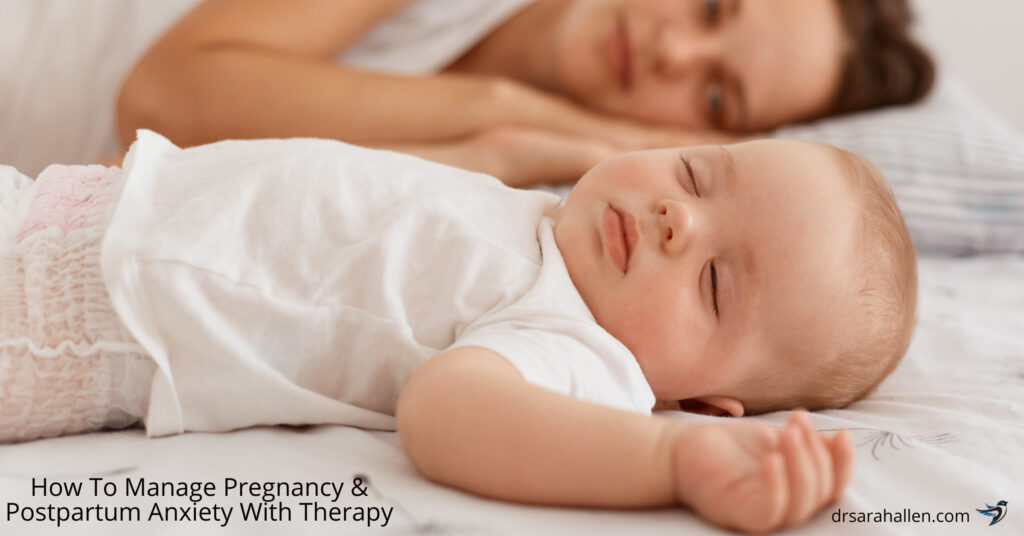
To read strategies to manage more general anxiety see How To Manage Pregnancy & Postpartum Anxiety With Cognitive Behavioral Therapy.
4. Mindfulness and Relaxation Techniques
Mindfulness practices like deep breathing, meditation, and progressive muscle relaxation can help lessen the grip of anxiety in the moment. It is hard to change your thoughts or utilize anxiety coping strategies when your mind is racing due to adrenaline. Try different breathing techniques, or grounding techniques, daily to find the ones that are most helpful for you. Then practice one or two on a daily basis so you can go right to it when in a situation that triggers health or any type of anxiety.
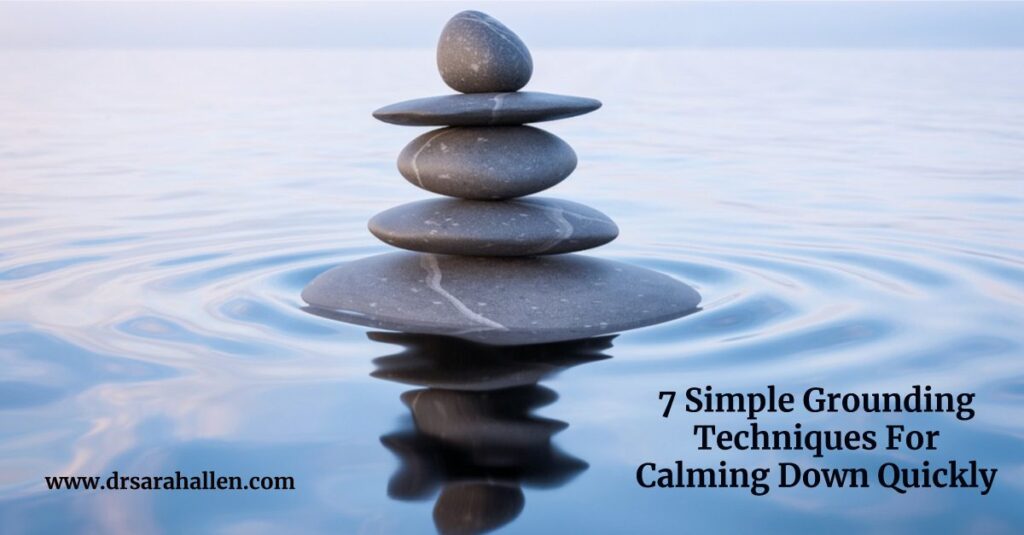
Read why grounding reduces anxiety by reducing adrenaline and helping you think straight 7 Simple Grounding Techniques For Calming Down Quickly.

Read more about how deep breathing helps to combat anxiety in 5 Deep Breathing Techniques & Why They Work.
5. Creating a Supportive Environment
Therapy can also help you strengthen communication with your support system. Whether it’s your partner, family, or friends, expressing your needs and building an understanding network can make a significant difference in alleviating fears.
By incorporating these techniques into your daily routine, you can manage your health anxiety more effectively. Finding what works best for you will help create a more peaceful and enjoyable pregnancy experience.
Effective Strategies for Managing Health Anxiety During Pregnancy and Finding Support
Health anxiety during pregnancy can be challenging but understanding and managing it can make a significant difference. Recognizing the symptoms early and understanding why pregnancy triggers this anxiety are crucial first steps. It’s important to address the physical and emotional changes your body is going through. Utilizing effective management techniques such as therapy, mindfulness, and utilizing support systems can greatly reduce anxiety levels.
If you’re struggling with health anxiety during pregnancy, remember that you’re not alone. Many expectant mothers experience these worries, and I can help.
For personalized anxiety treatment in Chicago and specialized treatment for Pregnancy & Postpartum , contact Dr. Sarah Allen. I see clients in my office in Northbrook, a North Shore Chicago suburb, or virtually across IL, FL, and the UK.

Dr. Sarah Allen has 25+ years of experience in private practice helping women to transition to being the mom they want to be. She is the Founding Director of the statewide non-profit Postpartum Depression Alliance of IL. She also specializes in pregnancy loss & infertility & has published research on postpartum depression and traumatic childbirth.
If you would like to work with Sarah, please phone her at 847 791-7722 or on the form below.
If you would like to read more about me and my areas of specialty, please visit Dr. Sarah Allen Bio. Dr. Allen’s professional license only allows her to work with clients who live in IL, FL & the UK and unfortunately does not allow her to give personalized advice via email to people who are not her clients.
Dr. Allen sees clients in person in her Northbrook, IL office or remotely via video or phone.

What Can I Read That Helps Me While I Am Waiting For My First Appointment With Sarah?
If you feel that you may be experiencing pregnancy or postpartum mood disorder, or worry that you may be at risk of developing it, please download my free booklets below.
See each specific webpage to download one or many.
